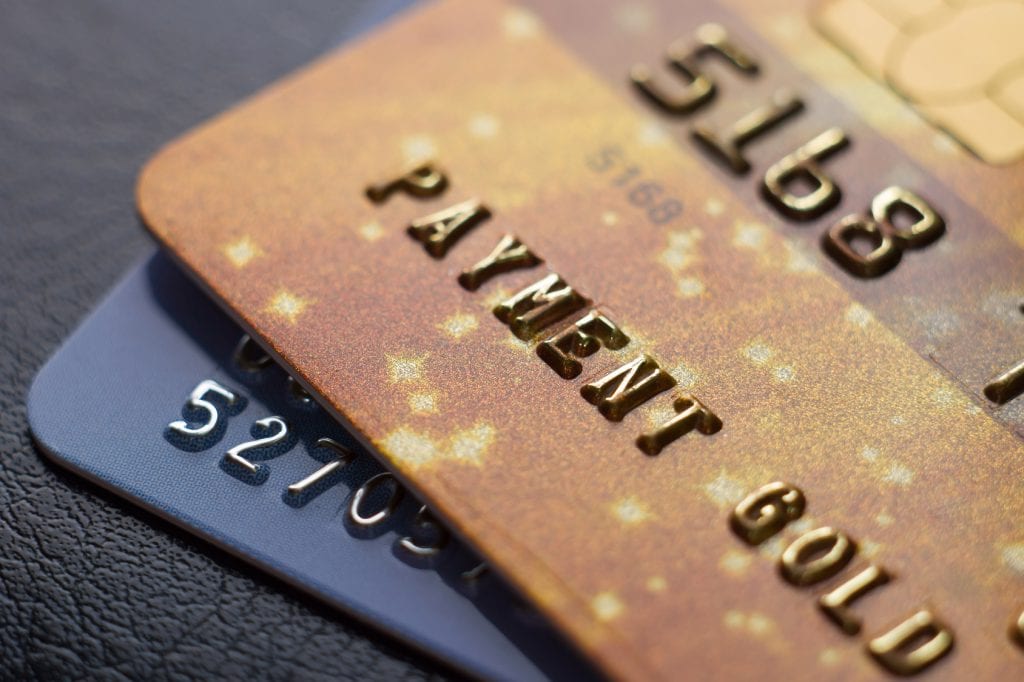I’m Hit. Were You? Gulp. The big enchilada. A credit data breach at a credit bureau. …and, when I go to the Equifax site to see if I am impacted, I get this response.
Thank You
Your enrollment date for TrustedID Premier is: 09/13/2017
Based on the information provided, we believe that your personal information was not impacted by this incident.
Click the button below to continue your enrollment in TrustedID Premier.
For more information visit the FAQ page.
You will probably get the same response. 125 million US households; 143 records breached. Do the math.
Forget the noise in the article about Costco. Amex will rebuild; they have a long history in pioneering the closed loop card. This is a good example of their nimbleness.
-
According to the company’s statement, the cybersecurity breach started in May of this year and continued until it was discovered on July 29.
-
While criminals did not appear to have accessed what Equifax describes as “core consumer or commercial credit reporting databases,” which help in the generating of credit scores, some pretty important personal information was accessed.
This mess probably will not cost you money because of consumer protections on credit, but it can be a major inconvenience.
-
As Sarah Jeong has written before for The Atlantic, new technologies have resurfaced old problems related to the collection—and protection—of financial data.
-
The circumstances in present times are reminiscent of the ones that precipitated the creation of the Fair Credit Reporting Act of 1970, she explains.
-
But even with rules in place about how to separate and collect financial data from individuals, the transition to digital has brought those problems back, and they haven’t yet been satisfactorily addressed.
Time for you to stop reading. Check your own credit. If you live anywhere between Miami and Seattle, or San Diego and Bangor, you are probably on the list.
Overview by Brian Riley, Director, Credit Advisory Service at Mercator Advisory Group
Read the full story here
